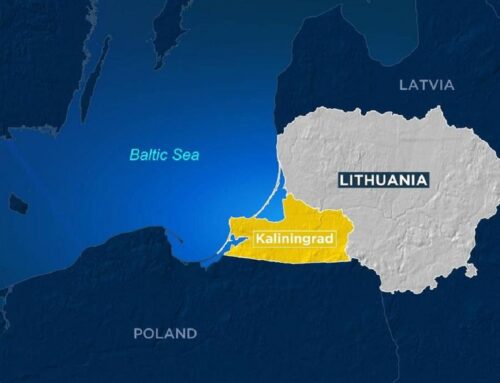Lutjona Lula
This Sunday, on May 11th Albanian Citizens will head to voting centers to elect the 140 members of the parliament. In an historical moment and for the first time in its democratic history, Albania will allow its diaspora to vote in the 2025 parliamentary elections. This decision makes Albania the last country from Western Balkans to introduce diaspora voting. The long-awaited change comes after years of political discussion and a Constitutional Court decision requiring the inclusion of Albanian citizens living overseas in the voting process. Out of 245000 voters registered from abroad, as to date, Central Election Committee (CEC) has recorded some 226000 ballots mailed via DHL, while only 168000 were received back by CEC. According to legal provisions, the votes of diaspora members will be counted in the district where they have their residence in Albania.
Despite its democratic promise, the diaspora vote carries significant risks. Logistical challenges, such as the rejection of applications due to missing documents (over 42,000 cases), have raised concerns about voting rights infringements. There are also fears of fraud, vote manipulation, and political exploitation, particularly considering Albania’s history of contested elections and weak institutional oversight. Concerns stem from the potential misuse of the postal voting system, the influence of political campaigns on diaspora communities, and the risk of misinformation affecting voting decisions. In fact, a recent investigation by BIRN shows that online scheming might have influenced the campaign, especially online audiences. Most of campaigning towards diaspora voters have been indeed through social media ads, except for Socialist Party, Democratic Parti and ‘Albania Becomes’ parties which have opted for physical rallies abroad.
The inclusion of the diaspora is a democratic achievement, recognizing the economic and cultural contributions of Albanians abroad, who send home billions in remittances annually. Albania has ever since 1991 been a country that has suffered from outwards migration, especially in neighboring countries like Greece and Italy. Unfortunately the phenomenon persists even nowadays, with the latest census in 2023, marking 2,402,113 resident inhabitants in Albania. Such figures show a decrease of 420,000 people compared to the 2011 Census. Therefore, diaspora voting is considered as a democratic move.
However, critics argue that those who do not live under Albania’s daily governance should not influence its political direction. Others worry that diaspora votes may be swayed by nostalgia or misinformation.
Diaspora voting on the other hand serves also as a test for Albania’s readiness to join the European Union. Since the start of accession negotiations in 2022, Brussels has emphasized the importance of transparent, inclusive, and credible elections as a core democratic benchmark. The 2025 vote, with its expanded electorate and increased scrutiny, will be closely monitored by EU observers. A smooth and fair voting process would signal Albania’s institutional maturity and commitment to democratic norms, potentially accelerating its path toward EU membership.
While giving the diaspora a voice is a big step forward for Albania’s democracy, it also puts the country’s institutions under the spotlight. If the process is smooth and transparent, it could boost Albania’s credibility with the European Union and show that it’s serious about democratic reforms. The bold move of diaspora vote, especially through mailing system exclusive is a chance for Albania’s institution to prove maturity. However, if the process is flawed, it could deepen public mistrust in elections.




